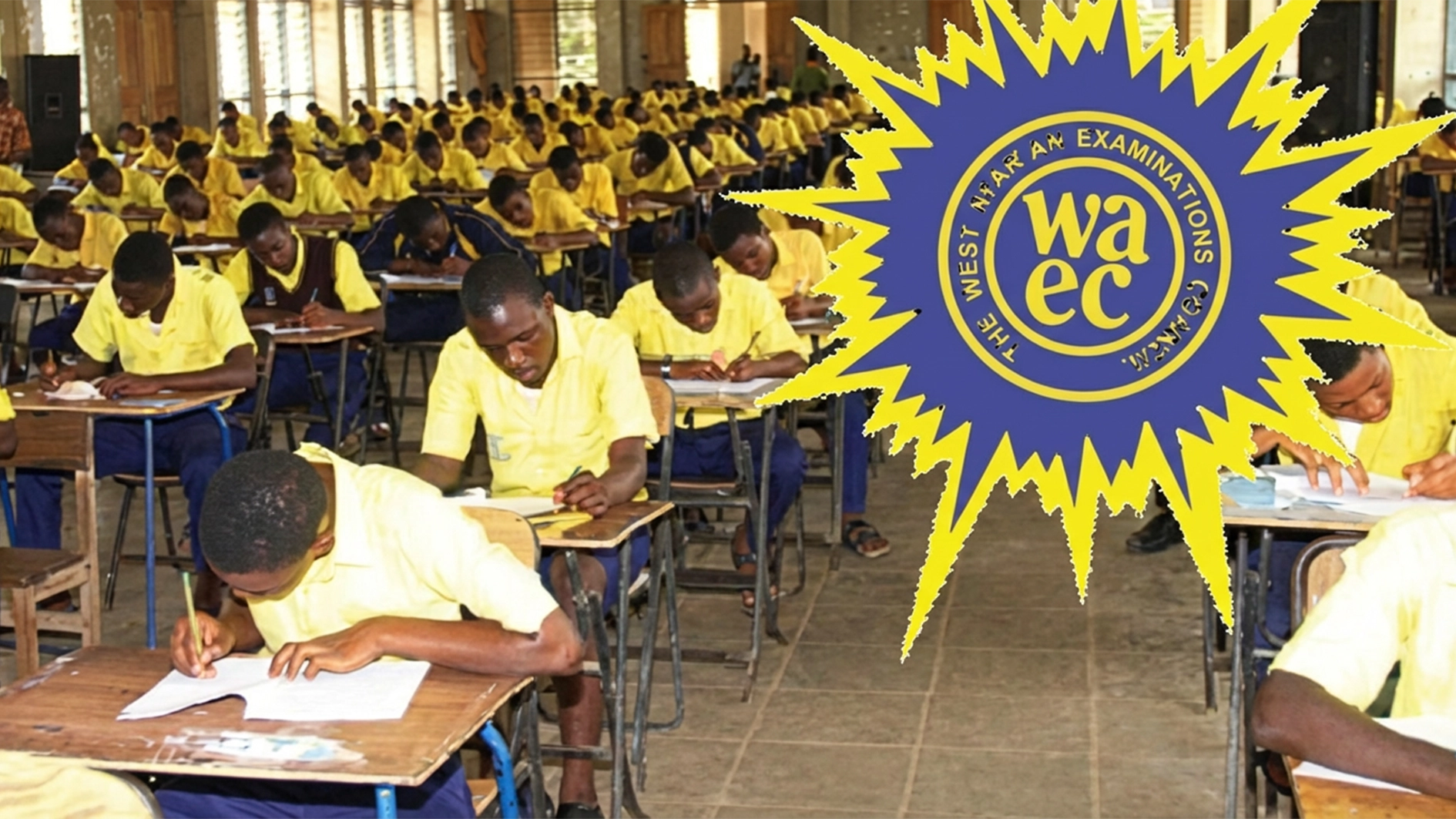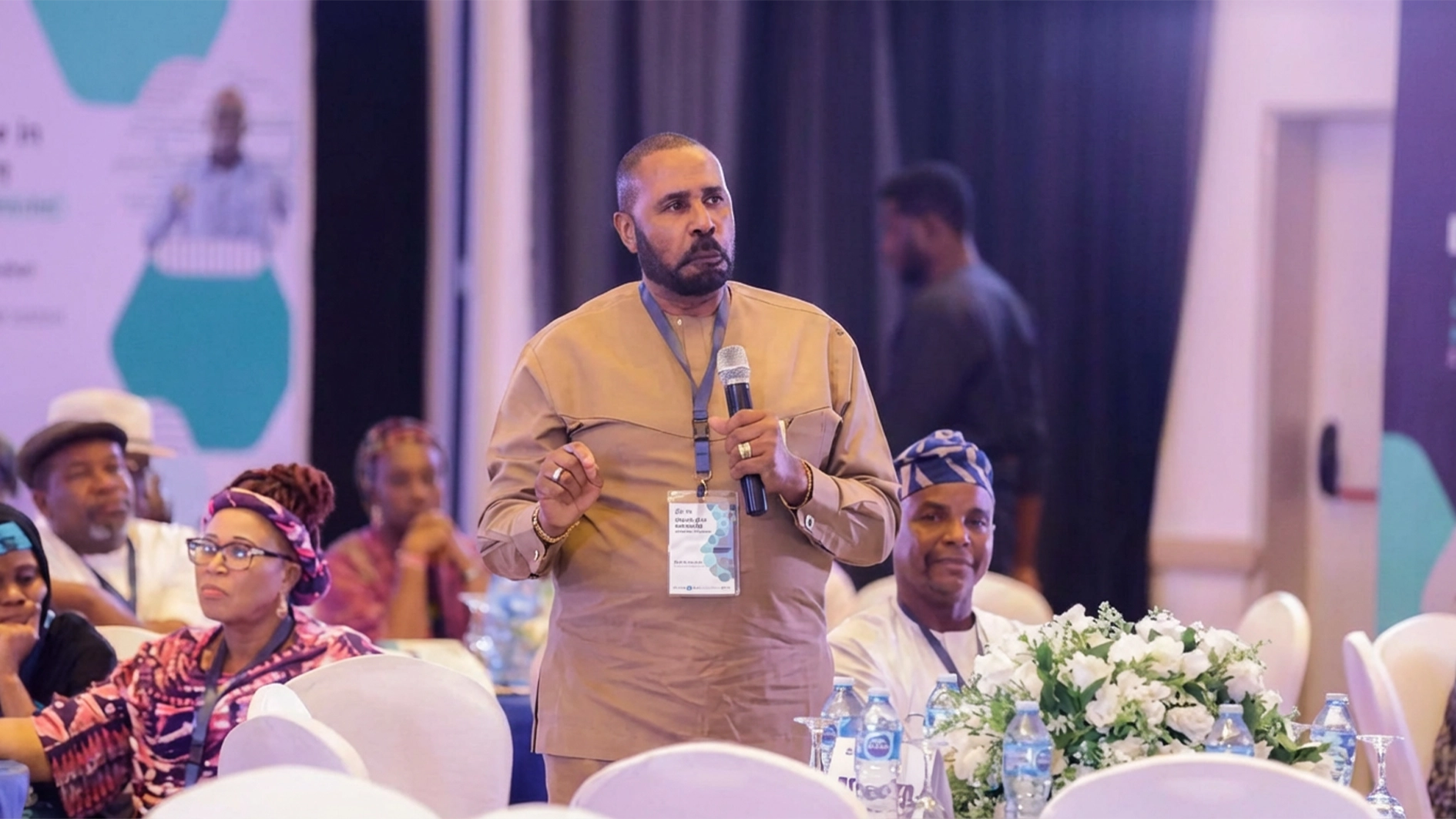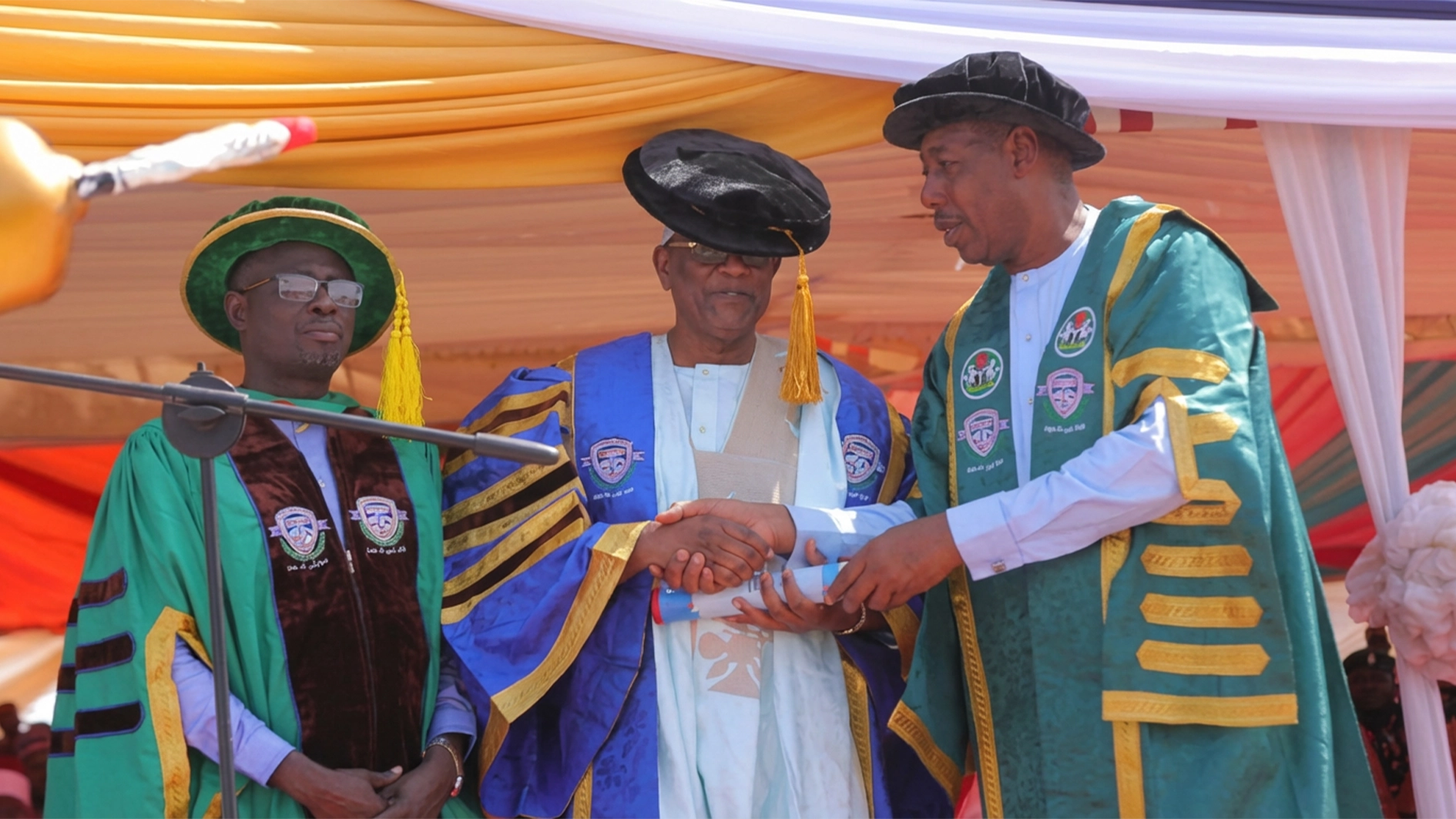The chief executive officer of Zion Study Centre, Toyin Larayetan, has called on the federal government to establish an Edu-bank aimed at addressing significant lapses in educational infrastructure across the nation.
During his recent weekly broadcast titled “Echoes from Zion,” Toyin emphasised the urgent need for such an initiative, drawing parallels to the existing Bank of Agriculture, which provides crucial financial support through grants and soft loans to enhance agricultural development.
He explained that an Edu-bank would similarly empower the private sector to play a more active role in driving progressive change within the educational landscape.
Toyin maintained that the establishment of an Edu-bank could facilitate the flow of resources into educational institutions, enabling them to function at an optimal level. This, he suggested, might lead to improved facilities, better-trained educators, and ultimately, a more robust educational system capable of nurturing future generations.
In addition, Toyin addressed the alarming results from the recently concluded West African Examination Council (WAEC) examinations, where many students demonstrated inadequate performance.
He attributed this troubling trend largely to the widespread incidence of examination malpractice within schools. This culture of cheating, he noted, has fostered a lack of motivation among students to engage earnestly with their studies.
Many students, according to Toyin, fall into the trap of relying on promises of external assistance rather than developing their knowledge and skills, which ultimately weakens their intellectual potential.
Toyin urged parents to take a more active and intentional role in their children’s education. He stressed the importance of allowing students to take examinations without external aid or shortcuts, as this practice is essential to preserving the integrity of the country’s educational system.
He emphasised that fostering genuine academic achievement is vital to maintaining the educational fabric of the nation and ensuring that students are truly prepared for the challenges ahead.
“The proposed Edu-bank is envisioned not merely as a financial institution, but as a foundational support system that could revolutionise the way education is funded and managed in Nigeria, ultimately leading to a brighter future for the country’s youth. This bank would address infrastructural deficits that plague the educational system.
We at Zion study centre frown at examination malpractice. It is the leading cause of the abysmal failure record this 2025,” he concluded.






